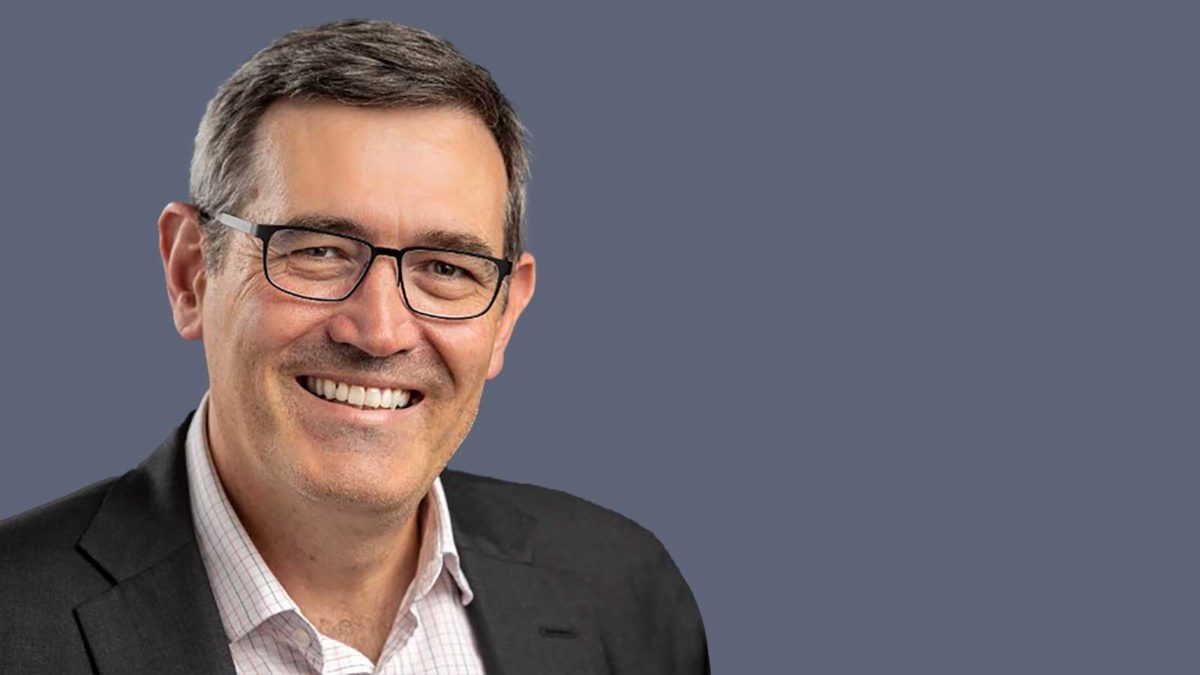Calastone, Challenger on the future of operations
Private markets assets are “ripe for the picking” for fund managers and administrators quick to use distributed ledger technology, as investment operations are on the cusp of “great change”.
So said David Mackaway, the COO of Challenger Group, at the Calastone ‘Connect Forum’ last week (December 2. He was interviewed by Justin Christopher, Calastone director of relationship management for Australia and NZ.
Mackaway, who has been with Challenger for more than 14 years, outlined some of the changes which occurred during covid-19’s lockdowns and how remote working highlighted the remaining manual processes being used by fund managers, including his own firm.
The journey with the cloud was only beginning, he said. It would be used for much more than hosting systems off premises. It would enable expansion of services with data, from collection and storage to management, for example.
Another trend was that specialist asset and fund administration companies were morphing into tech companies and vice versa – both converging to the centre, offering versatile tech platforms.
Christopher and Mackaway agreed that digitisation of assets would fundamentally change how managers operated. “It will impact on the assets we buy,” Mackaway said.
Private asset classes, in which Challenger had had a significant exposure for many years, would especially benefit from DLT systems (sometimes called blockchain) to support them. These assets did not fit well into the traditional clearing systems currently in use, he said. “Ledger-style technology totally changes the landscape.”
DLT allowed streamlining of the manager’s offering and capabilities and would also, hopefully, drive costs down. It also provided for much greater tax efficiency and equity compared with traditional managed fund unit trust structures.
With a unit trust all unit holders take on the same tax liability, which is unfair in a growing or shrinking fund. That was one of the reasons for the growth in separately managed accounts.
“A big benefit of DLT is that it is not only tokenised but it can also split assets to an infinite level,” Mackaway said. “So, the trust holder can own the underlying securities rather than units.”
Challenger, which has been an adviser-led firm from a new business perspective, had observed the industry “pivoting” to a more direct-to-consumer model.
“We see some advisers specialising and changing their business models. A big proportion are moving away from certain categories of clients and making them go direct,” he said.
“We used to be B to B with advised clients but now we’re definitely seeing more and more direct customers so we have to up the ante on our digital capabilities.”
At the same time, digitisation and technological advances made it possible for fund managers to have their cake and eat it. “We always want to make advisers’ jobs easier,” he said.











